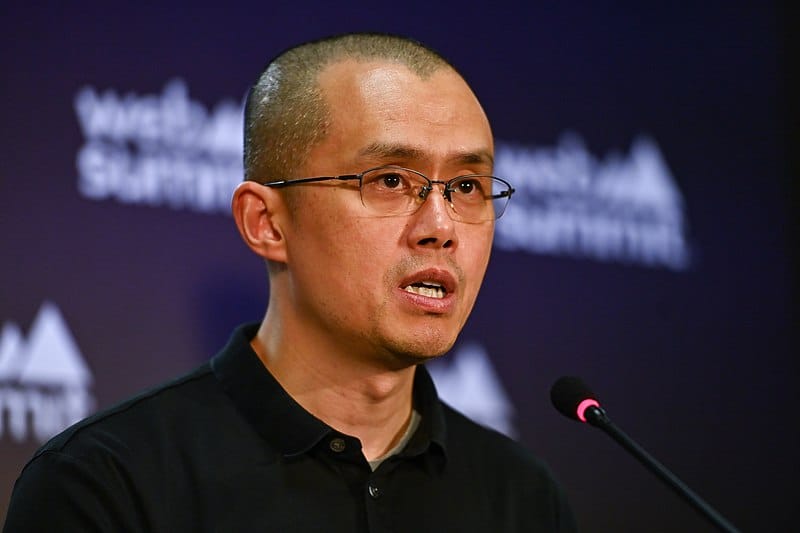Binance founder and ex-CEO Changpeng “CZ” Zhao cannot leave the U.S. for now, following a federal judge’s ruling on Monday that stayed an earlier bond agreement, which would have allowed Zhao to travel to the United Arab Emirates (UAE).”
“IT IS ORDERED that the condition permitting Defendant to return to the UAE pending sentencing is STAYED until such time as this Court resolves the Government’s motion for review,” U.S. District Judge Richard Jones wrote.
Jones will weigh a request from prosecutors to prevent Zhao from traveling outside the U.S. In a filing last week, they said that Zhao “poses a serious flight risk.” Defense attorneys countered in their own, subsequent filing that Zhao was not a flight risk. Zhao holds UAE citizenship and has family there.
Last Tuesday, Binance agreed to pay $4.3 billion in penalties to resolve an ongoing U.S. Department of Justice (DOJ) criminal investigation. The DOJ charged the world’s largest cryptocurrency exchange with operating as an unlicensed money transmitting business (MTB) and violating sanctions law.
In a separate action, Zhao pleaded guilty in a Seattle Federal court to violating the Bank Secrecy Act (BSA) and leading his company to breach the BSA. Zhao agreed to resign as CEO and to pay a $50 million penalty, and was released on a $175 million personal recognizance bond that allowed him to leave the U.S. provided he returns two weeks before his sentencing date, which is scheduled for Feb. 23, 2024.
The settlements with Binance and Zhao followed less than three weeks after the DOJ secured a guilty verdict against Sam Bankman-Fried, the former CEO of collapsed crypto exchange FTX, on fraud and conspiracy charges. Bankman-Fried faces potentially decades in prison.
In their filing, prosecutors highlighted Zhao’s substantial wealth outside the U.S., minimal ties to the country, and residence in the UAE, with whom the U.S. does not have an extradition treaty.
In its heavily redacted filing a day later, Zhao’s attorneys noted that Zhao voluntarily flew to the U.S. to submit his guilty plea, that his company had accepted responsibility for its actions and that he intended to abide by the conditions of his release.



